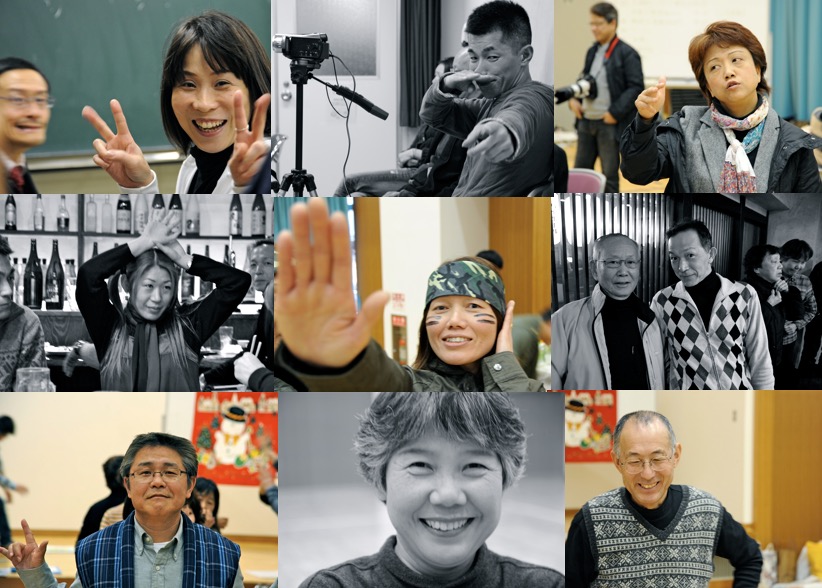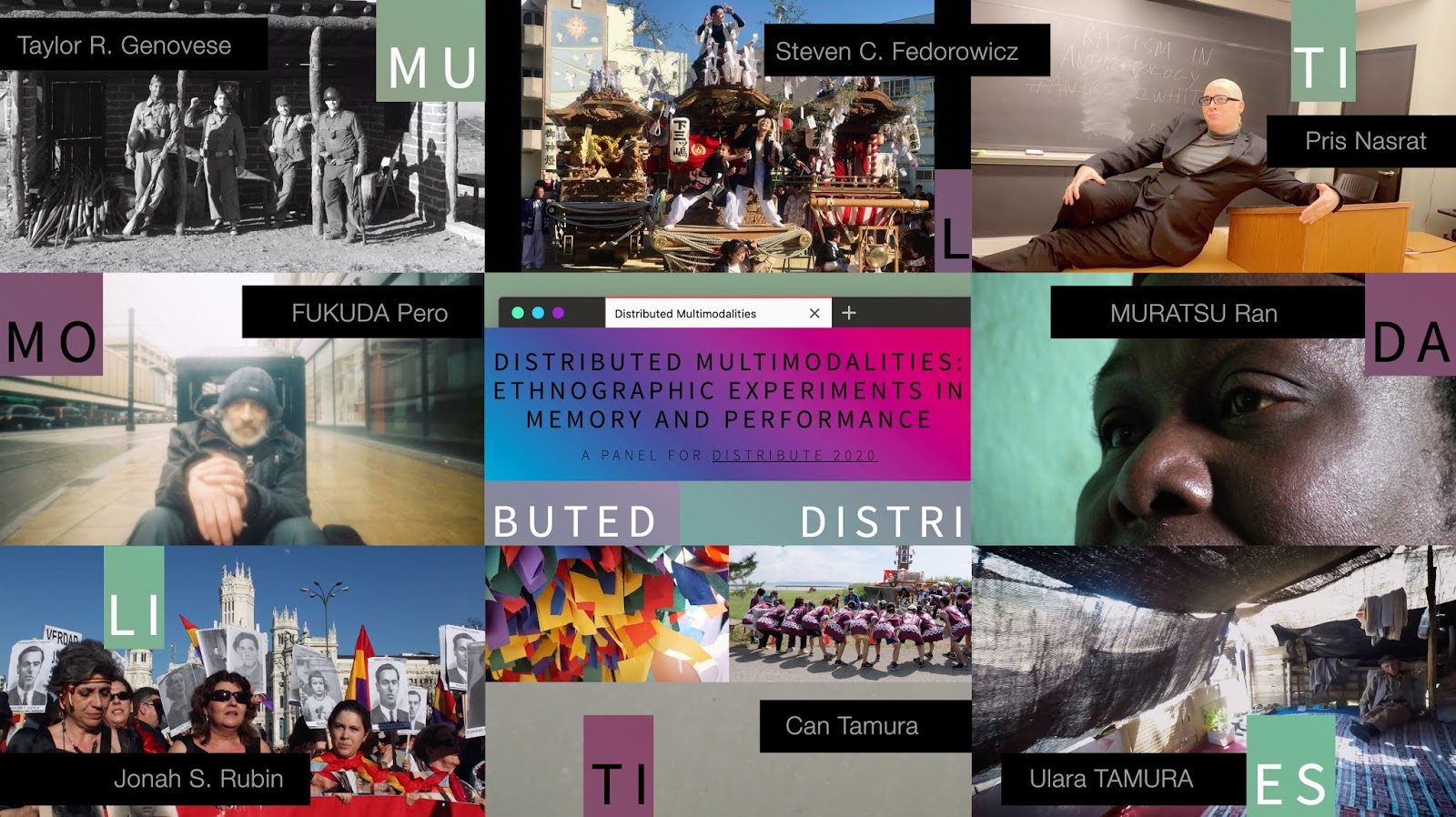From Japan Today, 9/6/14 (by Chiara Terzuolo):
It starts as a quick twist in a morning chat with friends, sipping coffee as the still cool morning breeze wafts off the port of Yokohama. My two friends are women in their mid-30s, professional and well-traveled. One tilts her head to the side and wonders: ‘I dunno, I feel a bit weird… maybe it’s the heat? Or maybe I got pregnant from that guy a few weeks ago…’ The other quickly laughs it off, saying it is unlikely at their age, with much assenting and nodding. And my blood runs cold.
“Why didn’t you use a condom?!” The question pops out of my mouth before my brain even has a say in the matter.
“Oh, I dunno,” is the unsatisfactory answer, accompanied by a self-deprecating chuckle.
“Are you nuts?!”
“Oh no! You set her off again!” laughs my other friend, as if my concern about safety is a silly, weird quirk to be tolerated. But I can’t let it go, my thoughts pulsing with alarm.
And so this is how I find myself, once again, giving women almost a decade older than myself the AIDS talk.
While in other industrialized nations, HIV infection rates have been steadily decreasing over the last decade, Japan stands out as the exception. From 2000 to 2014, the reported cases of HIV in Japan have more than doubled, with 70% of the cases being individuals in their 20s and 30s. Naturally, there will be many, many more carriers of the virus out there, who simply have not been tested or started showing signs yet. (1) About 30% of AIDS cases in the country are individuals who had no idea that they were HIV positive until the damn disease had progressed to full-blown AIDS.
Besides the continuous rise in cases, another fact that should cause great concern is that the number of people getting tested is falling. (2) So, there are thousands of people out there, unknowingly continuing to spread the virus through lack of safe sexual practices (as the number of cases of HIV transmission through needle-sharing or from mother to child is a minor in Japan).
Considering the lax use of condoms (and minimal amount of sexual education in schools or on TV, which are the main ways people find out about the dangers of HIV), this is no surprise. As typified by my friend’s reaction, the main worry about unprotected sex is pregnancy, not diseases.
In fact, many people don’t believe that HIV and AIDS are a problem in Japan. It is considered a “foreign” disease by many, which can only be caught by intercourse with “foreigners”—completely ludicrous, considering that 85% of new cases were infected in Japan. In addition, the number of non-Japanese cases in Japan has continued to decrease, with circa 93% of HIV/AIDS carriers being Japanese nationals.
My friends in their 30s brush away my concern about their lack of awareness by saying that they are from a “different generation,” and that now this info is taught in school. Obviously not sufficiently well, as cases continue to rise and 50% of university students are uninformed about how the virus is transmitted and how to protect themselves. (3) Asking a few younger friends directly about how they were taught about HIV/AIDS, most replied that they were taught about the existence of the disease, but little to nothing about transmission or prevention.
Because of the lack of awareness and lukewarm campaigns (including a recent one, featuring one of the members of the band Exile) people do not really think to look online for information. Many have no clue about even basic things, like the difference between HIV and AIDS or the fact that the virus can be transmitted through oral sex. A few people implied “it can’t be helped” and that in Japan, “they don’t teach about these sort of things.”
While saying this is a group-oriented society, the disregard for the consequences of their actions angers me. I ask if they have ever been tested, only to be told it is “too scary” or “embarrassing”... while continuing to have unprotected sex. The average age for women newly diagnosed is 25-34, putting them right in the bracket. Cases in heterosexual males are also on the rise, despite the tired and dangerous misconception that this is a “gay disease.”
Having been taught from a young age about the importance of safe sex, I feel that protecting not only yourself but also your partner(s) is the greatest gesture of love and respect. Education from a young age is essential for all genders, as is showing the reality of living with the disease. I for one will continue giving my talk ad nauseam ... and pray for a ripple effect.
Source: http://www.japantoday.com/category/opinions/view/hivaids-awareness-in-japan-still-lacking
Click here for previous HIV/AIDS posts on VAOJ.
Subscribe to:
Post Comments (Atom)






















No comments:
Post a Comment